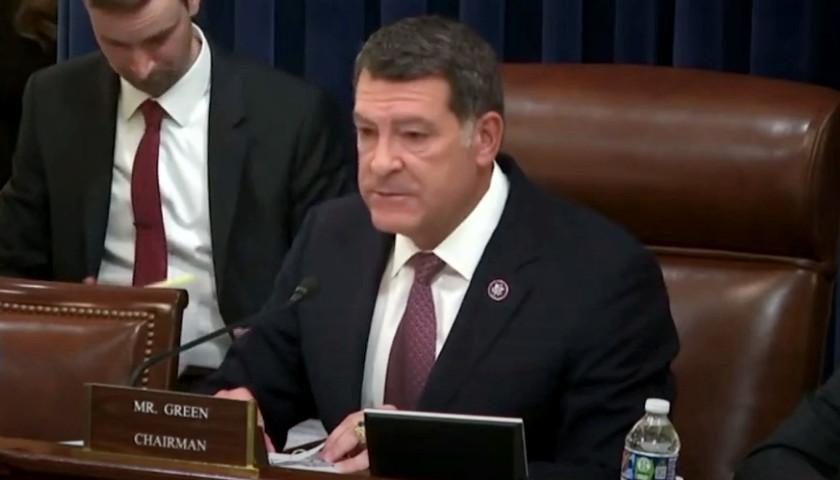by Christian Wade
Connecticut is pumping more federal funds into its fuel assistance program to provide the state’s low income energy consumers with more relief this winter.
The Connecticut Energy Assistance Program says it will be increasing fuel assistance payments to qualifying residents by another $430 this season, to help with home heating costs and unpaid utility bills through the state’s Low Income Home Energy Assistance Program.
The additional $110 million in funding comes from a $1.7 trillion federal government appropriations bill approved by Congress late last week, which earmarks another $1 billion for fuel assistance programs. Connecticut expects to get an additional $20 million in LIHEAP funds from the spending bill.
“This additional federal support for our energy assistance program and the funding the state has allocated will help provide added heating assistance to households this winter season,” Gov. Ned Lamont said in a statement. “I urge residents who may need assistance to consider applying for this program to get them through the winter months.”
Record high inflation, supply-chain issues and Russia’s war in Ukraine have disrupted global energy markets, driving prices for home heating oil and natural gas higher.
Homes using heating oil will spend an average of $2,354 for heat this winter, up 27% from last year, according to U.S. Energy Information Administration’s latest estimates.
Eversource is proposing to increase electric rates charged to Connecticut consumers by nearly 50%, or $85 per month beginning in January. Meanwhile, United Illuminating is also seeking rate increases that would bump up the average bill for customers by about $80 a month. State leaders have criticized the rate hikes as “exorbitant and punishing.”
About 43% of Connecticut households use heating oil or other petroleum products for home heating, the fourth-highest share for any state, and 35% of households use natural gas, according to EIA data.
Energy bills reflect a combination of supply prices, which are based largely on market conditions, and delivery prices, which are set by state and federal regulators.
Utilities point out that winter rates are pass-through charges that only cover the cost of power, which they don’t control and are not allowed to profit from under state law.
But Connecticut already has some of the highest energy costs in the nation, and the rising electricity rates will have an outsized impact on many low income households, state officials say.
Under the LIHEAP program, Connecticut residents who earn 60% of the state median income are eligible for assistance paying for fuel, electricity and weatherization upgrades.
An individual with income of $39,028 or less is eligible for assistance, while the maximum level for a family of four is $75,053 a year, according to state data.
“Right now, there is an urgent need to help our state residents with the high costs of fuel and we are proud to be able to deliver additional benefits to help address that need,” said Deidre Gifford, commissioner of the state Department of Social Services. “The additional federal funding will go directly to reducing the energy cost burden of families struggling with high bills and help ensure that they can stay warm this winter.”
– – –
Christian Wade is a contributor to The Center Square.
Photo “Young Woman Putting Gas in Her Car” by Gustavo Fring.





